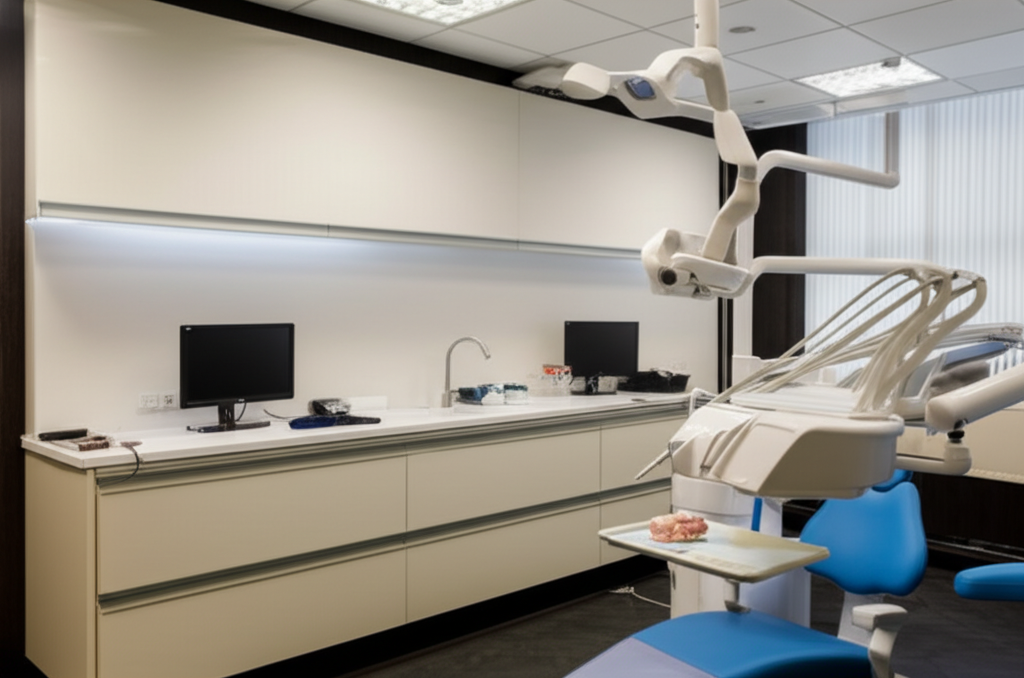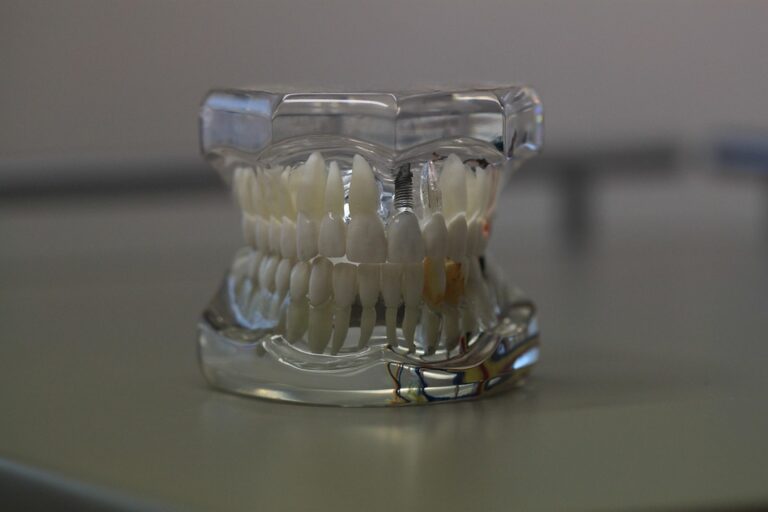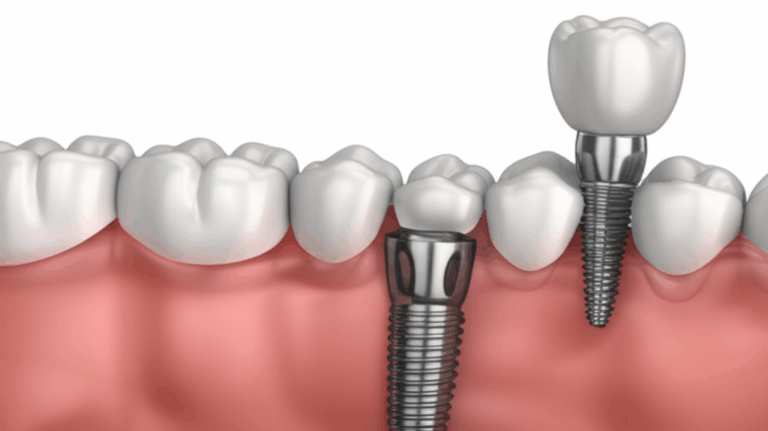
How Much Do Dentists Make in Kuwait? An In-Depth Salary Guide for 2025
Ever wondered what dentists actually earn in Kuwait? Maybe you’re thinking about moving there, planning your career, or just curious about how well dental professionals do in this part of the world. You’re not alone—many people, just like you, want to know if a dental degree can open the doors to a life where you don’t worry about money in Kuwait.
Dentist salaries might seem confusing at first, especially if you’re comparing different countries, government vs. private jobs, or thinking about the perks included in the pay package. Whether you’re a new graduate, an experienced pro thinking of moving, or a patient who wants to understand the reasons behind dental costs, you’ve come to the right place. Let’s explain it all, step by step, so you can make good choices for your future.
In This Article
- Understanding Dentist Salaries in Kuwait
- Average Dentist Salary in Kuwait: A General Outlook
- Key Factors Influencing Dentist Salaries in Kuwait
- Comprehensive Compensation Packages & Benefits
- Cost of Living in Kuwait: Salary vs. Lifestyle
- Requirements to Practice Dentistry in Kuwait
- Job Market Outlook and Career Progression
- Dentist Salaries in Kuwait: The Data Table
- Conclusion: Is a Dental Career in Kuwait Right for You?
Understanding Dentist Salaries in Kuwait
Let’s start with the big question: “How much do dentists actually make in Kuwait?”
This is a smart question—one that is important for your career, money, and family. Whether you’re someone who wants to be a dentist, an experienced professional looking for a change, or a dentist from another country hoping to work abroad, knowing the facts helps you make good decisions. Kuwait’s dental job market has special things about it, shaped by local demand, job sector differences, and good benefit packages.
The Landscape: Why Salary Details Matter
Imagine you’re planning to move to a new country. Wouldn’t you want to know what your paycheck looks like—and what’s included besides the basic salary? That’s where this guide comes in. We’re here to give you a full picture of not just what you can earn, but what life is like for dentists working in Kuwait.
Average Dentist Salary in Kuwait: A General Outlook
So, how much do dentists actually pocket each month or year?
Here’s a simple answer: The average general dentist salary in Kuwait is around 1,000 and 3,000 Kuwaiti Dinars (KWD) per month (that’s about $3,250 to $9,750 USD per month at current exchange rates). But averages only tell part of the story. There’s a range to think about, depending on things like your experience, specialty, and—importantly—where you work.
Typical Salary Ranges
Think of salary in Kuwait like a multi-layered cake:
- Entry-level general dentists (0-2 years experience): 800 – 1,400 KWD/month
- Mid-career dentists (3-7 years): 1,400 – 2,200 KWD/month
- Senior/experienced dentists (8+ years): 2,200 – 3,500+ KWD/month
These numbers cover regular dentists. If you have a specialty (like orthodontics or oral surgery), you can expect more money (but we’ll talk about that soon).
What’s Considered a “Good” Dentist Salary in Kuwait?
A “good salary” is a bit like asking what makes a great cup of coffee—everyone’s answer is different. As a general rule, regular dentists earning above 2,000 KWD/month with benefits are considered paid well. Many foreign dentists look for packages with housing, insurance, flights, and bonuses—which increase what you actually get.
Key Factors Influencing Dentist Salaries in Kuwait
Why does one dentist earn more—or less—than another in the same city? Let’s look at the main reasons that affect how much you’ll make:
A. Experience Level
Experience is very important.
- Entry-level (0-2 years): You’re just out of school, learning how things work, and often start at the lower end of the salary range.
- Mid-career (3-7 years): Your skills are growing, and you get paid more.
- Senior (8+ years): By now, you may have a lot of regular patients or even a reputation. Senior dentists earn the most money, especially in the private sector.
B. Specialization & Qualifications
Not all dentist jobs are the same. Specialties—like orthodontics or oral surgery—often mean extra training and, honestly, a lot more money.
| Specialty | Average Monthly Salary (KWD) | Notes |
|---|---|---|
| Orthodontist | 2,500 – 5,000+ | Straightening teeth is very popular. |
| Oral & Maxillofacial Surgeon | 3,000 – 6,000+ | Highest pay for surgery skills. |
| Endodontist | 2,000 – 4,000 | Root canal specialists are in demand. |
| Periodontist | 2,000 – 3,800 | Gum and implant experts do well. |
| Pediatric Dentist | 1,800 – 3,500 | Kids’ specialty—growing demand. |
| Prosthodontist | 2,000 – 4,000 | Fixing smiles pays well. |
Impact of License Origin
Dentists with recognized Western degrees or special certificates may get higher offers, because of their good reputation and employers trust them more. However, dentists from other countries with proven skills and strong references are also valued—what you can do is most important.
C. Sector: Public vs. Private
- Public Sector (Government Hospitals & Clinics): Fixed salaries, good benefits, not much room to ask for more. But you’ll often get housing, flights, and a lot of vacation time.
- Private Sector (Clinics, Hospitals, Large Dental Centers): More flexible, but often more risk, but you can earn more. Here, you often get paid extra based on your work, and great dentists can make more than those in government jobs.
D. Employer Reputation
Large, famous hospitals—like Al Seef or Royale Hayat—often pay more and offer better benefits than small clinics with one dentist. Jobs at universities might have a lower starting salary but offer a lot of chances to grow your career.
E. Negotiation Skills & Market Demand
Never forget how important it is to ask at the right time and be good at talking about money. When there’s a high need for certain dental specialists, or skills in new technology (like aligners or digital dentistry), you can ask for more money.
Comprehensive Compensation Packages & Benefits for Dentists
Money is just the beginning. Many dentist pay packages in Kuwait include much more than just your monthly pay:
What’s in a Typical Offer?
- Base Salary: Your main salary, usually paid monthly.
- Housing Allowance/Accommodation: Many packages for foreigners include free or cheaper housing.
- Transportation Allowance: Car, fuel, or a monthly fixed amount of money for travel.
- Medical Insurance: Often includes your family.
- Annual Leave & Flight Tickets: Foreigners often get paid holidays plus flights home and back.
- Bonuses/Incentives: Extra money based on the number and type of procedures.
- Professional Development Support: Some employers pay for classes to keep your skills up to date or for you to attend conferences.
Bottom line: Always look at the whole pay package—not just the monthly paycheck—when comparing offers.
Cost of Living in Kuwait: How Salaries Translate to Lifestyle
You’ve seen the salaries—now, is it enough to live well in Kuwait? Let’s see how your salary covers your costs.
Monthly Expenses
Here’s a breakdown of typical costs (in KWD):
- Rent (1-2 bedroom apartment): 350 – 700
- Utilities (electric, water, A/C): 25 – 50
- Groceries (family of four): 150 – 200+
- Transport (fuel, car, taxi): 40 – 100
- Schooling (if you have children): 200 – 600
- Leisure/Other: 50 – 150
A single dentist from another country can comfortably live well and save money on a salary of 1,500 – 2,000 KWD/month, especially if important benefits (housing, flights) are included.
Savings Potential
Most dentists, especially those who get good packages for foreigners, can save a lot of their money—if they are careful with their spending.
Looking for more on cost-effective dental solutions or oral health basics? You might enjoy our guides on dental care and teeth health.
Requirements to Practice Dentistry in Kuwait
What do you need to become a dentist in Kuwait, especially as a professional from another country?
Education & Certifications
- Bachelor’s or Doctorate Degree: BDS, DDS, or the same as.
- Specialist Certifications: For higher-paying jobs in areas like orthodontics or maxillofacial surgery, specialty degrees and, often, special training programs are required.
Licensing Through the Ministry of Health (MOH)
Getting licensed can feel like a difficult process—paperwork, exams, and more. Here’s what you’ll need to do:
Expat-Specific Steps
Dentists trained in other countries (non-Kuwaiti nationals) have a few extra steps: language requirements, making sure your degree is equal to a Kuwaiti one, and sometimes a time where you work under supervision.
Interested in advanced dental technology or materials? Learn more about digital workflow and prosthetic options with our digital dental lab overview.
Job Market Outlook and Career Progression for Dentists in Kuwait
What does the future look like for dental pros in Kuwait? Here’s the details:
Current Demand
Kuwait has a high and constant need for skilled dental professionals. Both government and private sectors often have job openings, particularly for specialized fields and in clinics that like to hire people from other countries.
Growth Opportunities
- Specialize: Moving into a high-demand specialty can help you earn a lot more and enjoy your job more.
- Open a Private Clinic: You can start your own business, though rules and starting costs can be high.
- Academic/Teaching Roles: Kuwait University and other schools offer jobs for those who like teaching or doing research.
- Leadership Roles: With experience, dentists may become managers or directors, which come with more money and benefits.
Challenges and Competition
It’s not all easy. Competition for senior and specialist jobs can be tough, especially in good places. Continuing education and learning new skills are key for being competitive.
Want to understand how oral health conditions might impact your long-term plans? You’ll find more details in our article on dental diseases.
Dentist Salaries in Kuwait: The Data Table
Let’s look at the exact numbers.
| Category/Factor | Average Monthly Salary Range (KWD) | Notes |
|---|---|---|
| General Dentist | 1,000 – 3,000 | Experience and job sector change the salary a lot. |
| Entry-Level (0-2 years) | 800 – 1,400 | Lowest in private sector; higher when working for the government. |
| Mid-Career (3-7 years) | 1,400 – 2,200 | You can ask for more money. |
| Senior (8+ years) | 2,200 – 3,500+ | Top salaries, especially in private clinics. |
| Specialists: | ||
| Orthodontist | 2,500 – 5,000+ | Pays very well, in demand. |
| Oral & Maxillofacial Surgeon | 3,000 – 6,000+ | Highest level, surgical specialty. |
| Endodontist | 2,000 – 4,000 | |
| Periodontist | 2,000 – 3,800 | |
| Pediatric Dentist | 1,800 – 3,500 | Specialized child care. |
| Prosthodontist | 2,000 – 4,000 | Focus on fixing teeth. |
| Public Sector | 1,200 – 3,500 | Good benefits, planned pay increases. |
| Private Sector | 1,000 – 4,500+ | You can earn a lot, extra pay is common. |
| Dental Hygienist | 400 – 1,200 | Very important support staff. |
| Dental Assistant | 250 – 600 | Basic support in the clinic. |
Quick Note: Extra pay from commissions, bonuses, and good benefit packages often significantly increase the actual pay, especially in private clinics.
Conclusion: Is a Dental Career in Kuwait the Right Move for You?
Let’s go over what we’ve learned—and help you decide if this path is right for you.
Key Takeaways
- Salaries Are Good: General dentists in Kuwait earn between 1,000 and 3,000+ KWD/month, and specialists can make much more.
- Benefits Matter: Housing, flights, medical insurance, and performance bonuses are very valuable.
- Having a Specialty Gets You More Money: The more specialized your skills, the higher your salary (think orthodontists, surgeons).
- The Job Market Is Good: Kuwait needs skilled dentists—locals and foreigners alike.
- Getting a License Can Be Hard: If you’re from another country, you’ll need to be patient and do a lot of paperwork.
Is This Career Path for You?
A dental career in Kuwait can be a great experience for those willing to get through the licensing process and adapt to a lively workplace with people from many countries. If you’re just starting out, get the paperwork in order and build your skills. If you’re an experienced professional or specialist, you’ll find opportunities to both earn well and build a better future.
Your Next Steps:
- Do your research: Check salary tables, cost of living, and employer reputations.
- Get licensed: Contact the Kuwaiti Ministry of Health for the latest requirements.
- Be smart when talking about your salary: Understand your value, and don’t forget how important the benefits are.
- Stay curious and take action: Keep learning new skills, especially in digital dentistry, to be better than others.
Looking for more tips on oral health, the latest in dental restoration, or how technology’s changing modern dentistry? Dive deeper into teeth information for a broader look at the dental landscape.
Remember, your career—and your smile—are important for your future. Learn all the facts, think about your choices, and you’ll be on your way not just to a higher paycheck, but a happier, healthier professional life. If you’re considering moving to Kuwait as a dentist, don’t just chase the money—embrace the opportunity to grow, help others, and experience a one-of-a-kind culture.
Now that you know what to expect, you’re already ahead of the game.








